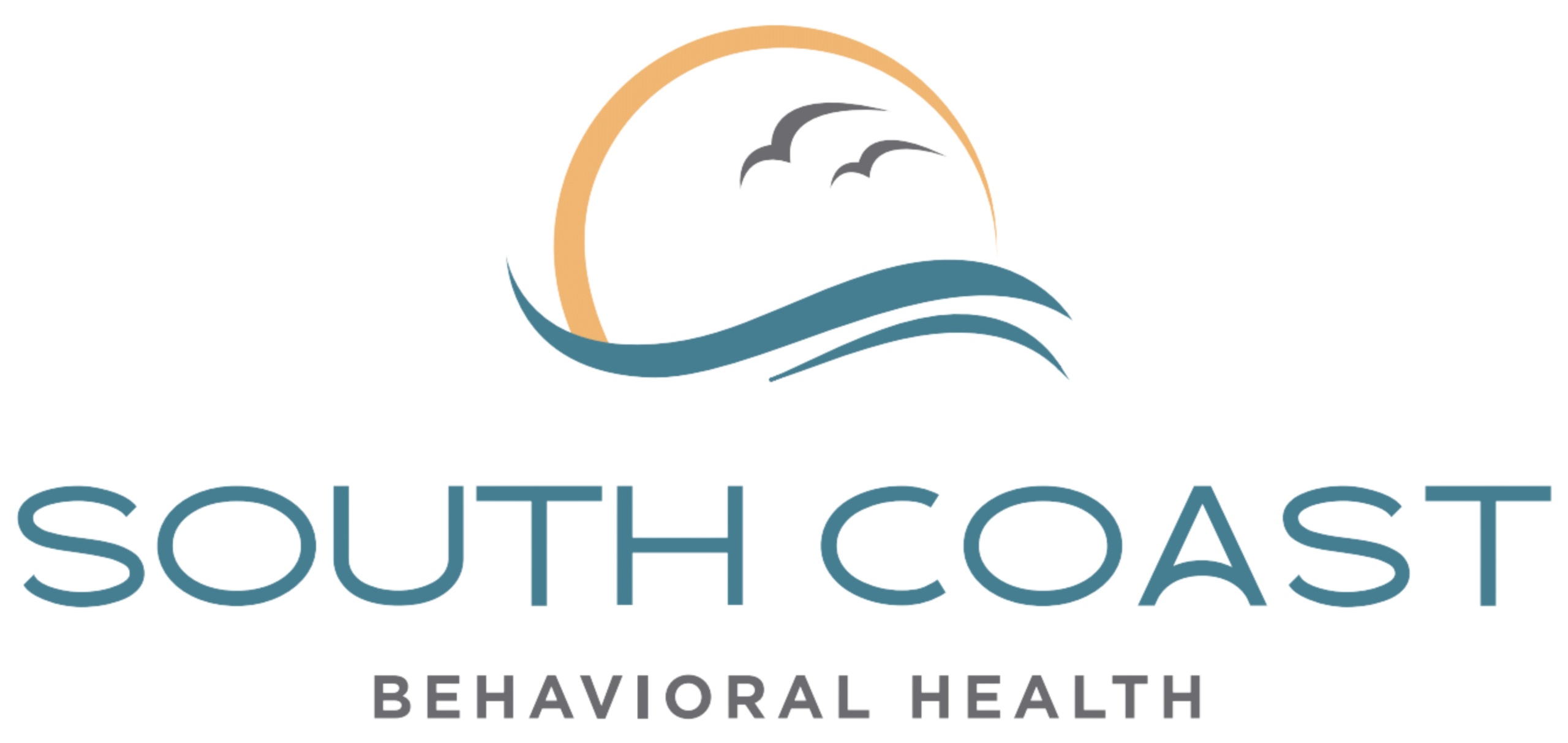Emotional intelligence (EI) is a key part of recovery because it helps you process emotions and build healthy relationships. In general, emotions play an incredibly large role in the decisions people make. In early recovery, your emotions may feel all over the place.
Many in recovery learn the hard way that you can’t be fully free from addiction while remaining emotionally immature. Additionally, a lot of emotionally unhealthy people continuously fall back into past addictive behaviors and are blind to their faults. If you disregard the significance of working on yourself, you can never reach your full potential. This includes accepting your faults and working to build your emotional intelligence, so you can find happiness and fulfillment in recovery.
What Is Emotional Intelligence?
Emotional Intelligence (EI) is the ability to understand emotions in yourself and others, effectively regulate your emotions in self and others, and utilize emotions as a motivational tool to achieve your goals.
Emotional intelligence skills include:
- Emotional awareness (identifying and naming emotions)
- Emotional regulation (managing emotions)
- Emotional drive (using emotions to problem solve and think critically)
- Empathy (caring for others)
Studies have found that people in recovery who are more emotionally intelligent have fewer cravings and relapses. Research also found that those with the ability to emotionally regulate feel more competent in their ability to cope with stress.
Similarly, people with higher emotional intelligence are more likely to engage in treatment and have stronger sober support systems. On the other hand, people who have low emotional intelligence, or are emotionally immature, are less likely to find the same level of success during treatment and recovery.
Am I Emotionally Immature?
If you are emotionally immature, your unawareness may lead you to go through the motions of recovery. You may even think that putting forth minimal effort will be enough to stay sober and find fulfillment. However, the effort you put forth during recovery will be equal to the success you experience in your new life of sobriety.
If you cut drugs and alcohol out of your life, that’s an amazing start. However, if you don’t remain accountable and make real efforts to change your behavior, your recovery won’t provide you the same sense of fulfillment.
Signs of Emotional Immaturity
Emotional intelligence and health cannot be separated. It is not possible to be emotionally healthy while remaining emotionally immature. When we ignore the emotional parts of our lives, we move through the motions of our routine activities, and behaviors, but deeply rooted behavioral patterns from our pasts continue to hold us back from an authentic life of recovery. Unless you want to slow down and work toward building up your emotional maturity, change will be difficult.
Common signs of emotional immaturity include:
- Avoiding conflict to keep the peace
- Ignoring and suppressing emotions
- Living without limits or boundaries
- Choosing distractions over self-reflection
- Pretending to be something on the outside that you are not on the inside.
- Remaining emotionally immature out of fear
- Lack of self-awareness harms your relationships
- Unable to process sadness, anger, grief, and other emotions
People with low emotional intelligence often neglect to reflect on what is going on inside themselves and around them by ignoring their emotional health. As a result, they are too busy trying to speed-run sobriety and can’t slow down to be with and work on themselves.
As a result, you run the high risk of remaining stuck and failing to develop your emotional intelligence. One of our alumni described it best: “I was sober for five years, but instead of being five years sober, I was one year sober five times! I just kept making the same mistakes over and over again!”
Lacking emotional awareness can result in a disconnect between your emotional health and sobriety. Similarly, if you lack emotional intelligence, you struggle to build genuine connections with others. As a result, you may go to sober support meetings but dislike people who share their stories if you can’t relate to their recovery journey.
What Unhealthy Behaviors Are Linked to Emotional Immaturity In Recovery?
There are several unhealthy behaviors linked to emotional immaturity that occur during recovery. Knowing what behaviors to look for in yourself and others can help you build emotional intelligence.
Unhealthy behaviors in recovery include:
- Using abstinence to run from recovery
- I keep myself busy and avoid drinking and drugs, but I’m really avoiding past trauma and the pain inside of myself.
- Ignoring negative emotions
- I am rarely honest with myself and others about my thoughts, feelings, and emotions.
- Devoting energy to the wrong things
- I tend to shy away from healthy experiences with friendships, family, and hobbies because that opens me up to rejection and disappointment. I also find it difficult to undo my patterns of self-protectiveness, defensiveness, avoidance, lack of vulnerability, and judgment.
- Denying your past’s impact on your life
- I don’t like thinking about how my family, friends, and experiences from my past have shaped who I am today.
- Dividing life into “sober” and “other”
- I mentally separate my life from sobriety by only thinking about it in support meetings and forget about it when I am at work, at home, or going out.
- Avoiding conflict
- I usually miss out on honest communication and conflict resolution by smoothing over disagreements, burying tensions, and avoiding conflict, rather than confronting my problems calmly and honestly.
- Hiding feelings of weakness and failure
- I don’t like admitting my vulnerabilities and mistakes.
- Living without boundaries
- I often get overwhelmed or make mistakes because I try to do everything for others.
- Judging the recovery journeys of others
- I often find myself preoccupied with the faults of those around me because it’s easier than confronting my own flaws.
Do you experience any of the following emotionally unhealthy behaviors? If so, ask yourself which of the following symptoms is most relevant in your life today.
Becoming Emotionally Intelligent
While learning how to identify emotionally unhealthy thoughts and behaviors in yourself can be difficult, the real challenge is working to remove and replace your negative patterns of behavior.
Recovering in a healthy environment that encourages personal growth by providing the necessary skills to process trauma, grief, and loss can help you develop into an emotionally mature adult in recovery. That is why the team at South Coast Behavioral Health works with you to develop a personalized treatment plan that will best benefit you and your unique needs and goals in recovery.
In both group and individual therapy, you can learn the necessary steps you must take to confront your unhealthy patterns of behavior and build your emotional intelligence.
The steps to becoming emotionally intelligent include:
- Discover how your upbringing impacts you today
- Find and become your authentic self
- Share your truth
- Honor your emotional journey
- Find comfort and clarity in silence
- Heal yourself with inner reflection
- Focus on your own personal growth
- Set and respect healthy boundaries
During therapy, you and your individual therapist can work together to find more room in your life for silence to reflect and meditate on your recovery.
Similarly, group therapy exercises can help you to understand the things in your life that might be blocking your ability to fully experience recovery from substance abuse. In doing so, you will gain insight into emotionally healthy alternative behaviors that can help you to lessen miscommunication and boost positive connections with others.
Uncover and Accept the Past
Making peace with the generational trauma that has been passed down to you through your family history, including personality traits, ways of coping with pain, and unhealthy forms of communication is the first step in undoing maladaptive behavioral patterns and replacing them with adaptive coping techniques. You can intentionally work through and process the impact of significant traumatic events that shaped your current situation, such as the death of a loved one, an unexpected pregnancy, divorce, abuse, violence, or an unsafe living environment. As you grow, you will learn to accept all of your previous life experiences and understand how each has worked to uniquely shape you into who you are.
Rebuild Your Connection to the Self
Many lose sight of their interests, passions, and goals during active addiction. An important part of recovery is rebuilding your connection to the self. Ask yourself, what makes me feel fully alive? Do you like spending time in nature, listening to music, playing sports, reading, or cooking? To become your authentic self, you must first know yourself.
Speak for Yourself
A huge part of recovery is unlearning the unhealthy behaviors you may have learned growing up in your family, such as avoidance, escalating tensions, or going to other people to gossip rather than to the person directly. You can practice healthy communication by sharing your truth through the use of “I” statements. You are only an expert on yourself and how you feel. For example: Instead of saying, “Everyone’s busy,” say, “I’m busy.” Instead of saying, “We all struggle with forgiving,” say, “I struggle with forgiving.” Not only do “I” statements provide a clear understanding of your experience, but they can also help you resolve conflict in a direct and respectful way.
Respect the Feelings of Yourself and Others
Be mindful of other people’s feelings as you communicate. Remember to practice healthy forms of communication and allow space for others to process and explain their limitations within the discussion. Practicing compassion for yourself and others when negative emotions arise is a key part of developing emotional intelligence and healthy communication.
Learn Trust in Silence
It is okay to have silence between responses as you and others share thoughts and feelings. Finding comfort in silence allows you and the people around you to reflect on what was discussed. Remember, there is never any pressure to share more than you are ready for. Allowing room to breathe in the moments between speaking, and using that time to thoughtfully consider what someone has shared with you, will foster honest communication and build trust.
Turn to Self-Reflection
If you feel judgmental or defensive when someone else is sharing their feelings, ask yourself: I wonder what brought them to this belief? I wonder what they’re feeling right now? Most importantly, looking inward instead of reacting outwardly is key to becoming emotionally intelligent. As you look inside, ask yourself, “What does my reaction teach me about myself?”
Focus on Your Journey, Not the Journey of Others
Respect other people’s chosen path to recovery and trust that the will to stay sober is inside of them, leading them to a life of happiness and fulfillment. Everyone recovers in their own time and trying to rush someone else’s healing process is not only unhelpful, but it may be detrimental to their health in the long run. More than that, focusing on yourself and your success in recovery is priority number one, two, and three during early recovery.
Refrain From “Saving” Others
It’s important to resist the temptation to jump the gun and offer quick advice as people share in the group because you never know someone’s full story. Early recovery is an incredibly vulnerable time, and well-intended advice may come off as controlling or dismissive of someone’s experience if you aren’t careful. Not only that, but becoming codependent with another person is an unfortunate and common issue many people face in early recovery. By setting healthy boundaries, you can maintain a safe and respectful mindset when helping others.
Develop Emotional Intelligence In Treatment
If you are looking for supportive resources for yourself or a loved one during addiction treatment, please reach out. We’re available 24/7, and every call is free and confidential. Call 866-881-1184.
REFERENCES:
Effectiveness of Emotion Regulation Training on the Reduction of Craving in Drug Abusers – PMC























